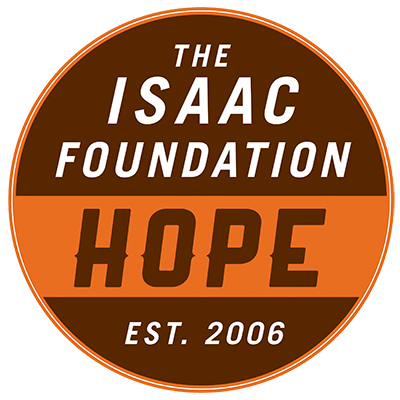
Today was a packed with appointments for Trey. I LOVE it. Usually we travel the 45-60 minute distance across town to see various departments individually- not far compared to some of y’alls travels I know (I’m taking on parts of the southern accent due to our repeat travels to UNC ;-))- but when you see the cardiology, ear nose & throat, biochemical disease, genetics, orthopedics, sleep, plastics (for hands and carpal tunnel syndrome), opthalmology, rheumatology, and neurosurgery clinics yearly for check ups, in addition to ultrasounds, EMG, weekly IV ERT and monthly trips to UNC for IT ERT, reducing our trips to BC Children’s Hospital and increasing our quality of life is a BIG deal.
Most of our news is decent. Cardiology: Trey’s echocardiogram showed an increase in aortic valve regurgitation/leakiness, which is the bad news. In my layperson’s understanding, Trey has mitral and aortic valve thickening- he’s always had mitral valve thickening (ever since he’s been tested at around age 2), his aortic valve has thickened over time. This is due to the build up of GAGs (the cellular waste Trey’s body builds up due to the missing enzyme in his body) on his valves, the buildup makes them thicken. Due to this thickness, his valves don’t close as well and therefore leak. If they become too leaky, this causes enlargement of the atrium, which is no good. On a scale of +1-+4, Trey’s regurgitation is at a +1. It’s not really bad, it’s just progressed. We are no where near blood pressure meds at this point, which would reduce the pressure on the left side of the heart- which is why you see issues develop there first, because there is so much more pressure on the left than the right- Trey’s regurgitation would need to be +2-+3 before considering BP meds. It is my hope that with IV & IT treatment, we can stabilize Trey’s heart and not have to go there. So, bad news, but still living life fully (he has no symptoms or outward effects of his valve thickening or valve regurgitation) and holding onto hope.
ENT was great. Trey’s left ear tube fell out after years of being in, a few monthes ago. The whole reason he got tubes in the first place (at the age of 22 monthes, even before his MPS diagnosis) is because every time Trey got a cold, fluid would build behind his ear drum and not drain (in you and I, fluid builds during a cold and then drains out afterwards). This stagnant fluid would sit and get infected. So, we got tubes put in to drain the fluid. Trey has had three sets of ear tubes because each time the tubes fell out, he would eventually get another cold and a guaranteed ear infection. Trey’s had three colds since his left ear tube fell out and somehow, with some stroke of wonder, Trey’s left ear has figured itself out and found health on its own. Yahoo! We might just be walking away from the need for ear tubes. He right ear tube sounds like it’s working its way out- it has debris on the flange, which will likely develop and push the tube out.
EMG (aka. Electromyography) & Nerve Conduction Testing: Trey is followed by this department to test the nerve function through his carpal tunnel. As Trey has never had a normal nerve conduction test (he’s had two bilateral carpal tunnel releases due to the build up of GAGs and resulting squishing of the nerve in his carpal tunnel), we know he has carpal tunnel syndrome. The reason we test is to find out if this result is the same, worse or slightly better (we’re not even hopeful for normal- at least in Trey and many other MPS folks I have heard from, it seems that once you get an abnormal result you will always have an abnormal result) than before his last surgery, which was in January of this year. We test Trey yearly to get enough data points to make educated decisions for how to proceed. As no doctor I know has performed three releases, we will be cautious. Based on past conversations it sounds as though we might wait to see physical manifestations (dropping things, trouble with holding pens, forks etc.) before entertaining surgery again because Trey’s test results are so abnormal and we’ve never seen a difference in function from before to after surgery. We wait two weeks for the report.
Biochemical Disease: We saw Dr. Stockler for an update on getting intrathecal doses at BC Children’s Hospital so we don’t have to fly across the continent for monthly doses. I don’t have a lot to update on this, but we are working on it.
Thanks for checking in!! Above is a little MPS II buddy of ours, Matthew, from Alberta, wearing Trey’s shirt!
Lots of love,
Deb
